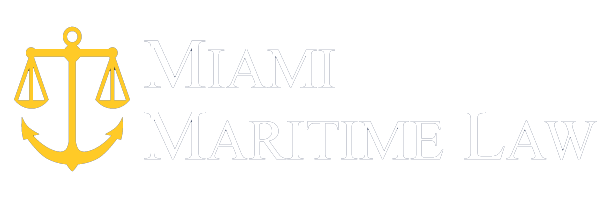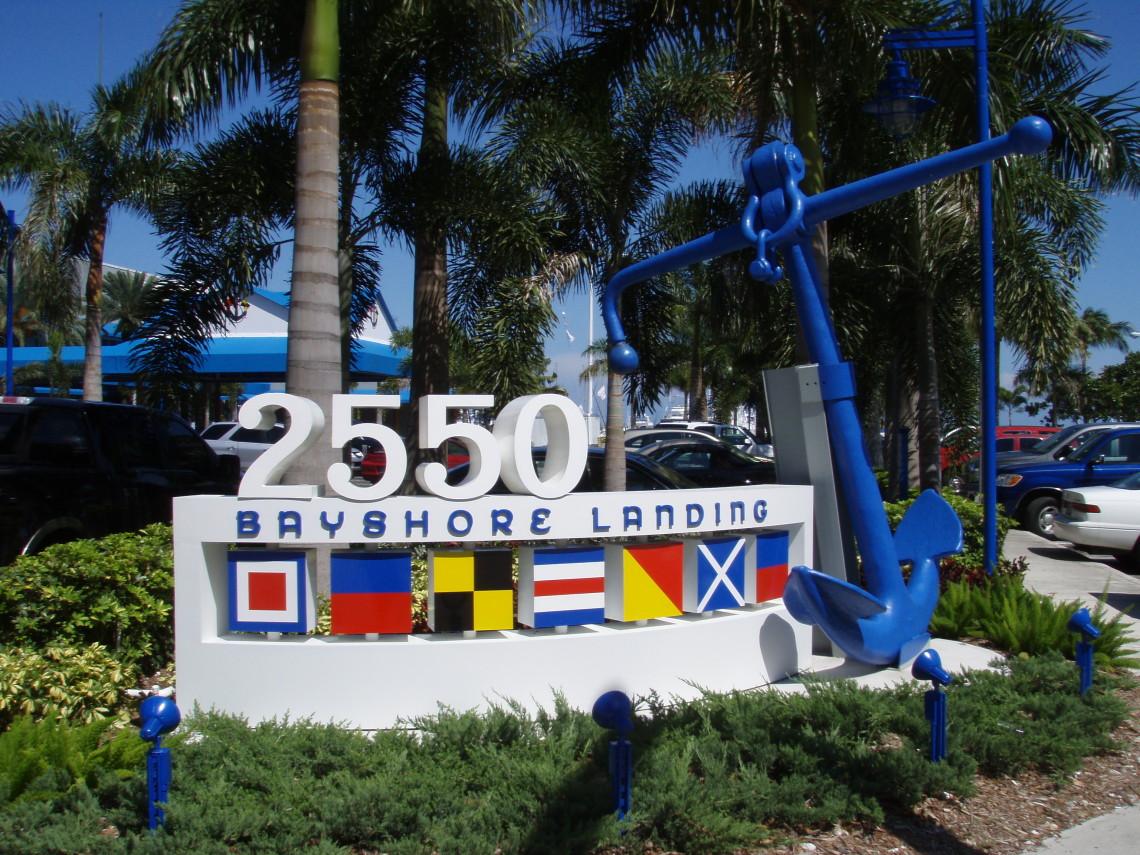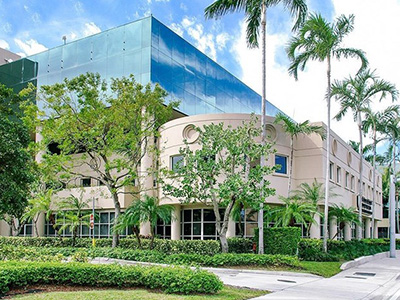Maritime Laws
Prejudgment Interest in Admiralty
In admiralty cases, prejudgment interest, although within the trial court’s discretion, should generally be awarded absent peculiar or exceptional circumstances. City of Milwaukee v. Cement Division, National Gypsum Co., 515 U.S. 189, 115 S.Ct. 2091, 132 L.Ed.2d 148 (1995); Orduna S.A. v. Zen-Noh Grain Corp., 913 F.2d 1149 (5th Cir.1990); Insurance Co. of North Am. v. M/V Ocean Lynx, 901 F.2d 934 (11th Cir.1990); Todd Shipyards Corp. v. Auto Transp., S.A., 763 F.2d 745 (5th Cir.1985); United States v. Central Gulf Lines, Inc., 747 F.2d 315 (5th Cir.1984); Alkmeon Naviera, S.A. v. M/V Marina L., 633 F.2d 789 (9th Cir.1980). The purpose of prejudgment interest is not to penalize the losing party but to fully compensate the prevailing party for the use of funds found to be rightfully his. See City of Milwaukee, 115 S.Ct. at 2096; Insurance Co. of North Am., 901 F.2d at 942.
Traditionally, some of the peculiar circumstances relied upon by various federal circuits to support the denial of prejudgment interests have been: (1) an improper or unwarranted delay of the action attributable to the plaintiff; (2) a genuine dispute over a good faith claim in a mutual fault setting; (3) equitable considerations which caution against an award; and (4) a damage award substantially less than that claimed by plaintiff. Reeled Tubing, Inc. v. M/V Chad G., 794 F.2d 1026, 1028 (5th Cir.1986). Another circuit has denied prejudgment interest where the parties have excluded prejudgment interest in their stipulation of damages, Grace Line, Inc. v. Todd Shipyards Corp., 500 F.2d 361, 366 (9th Cir.1974); or where the parties have asserted claims or defenses in bad faith, Darling v. Scheimer, 444 F.2d 514, 515 (9th Cir.1971). Still another circuit has deemed the uncertainty of the claim or damage as a peculiar circumstance. E.g. Sinclair Ref. Co. v. S/S Green Island, 426 F.2d 260, 262 (5th Cir.1970 ), contra, Ore Carriers of Liberia, Inc. v. Navigen Co., 305 F.Supp. 895, 896- 97 (S.D.N.Y.1969), aff’d, 435 F.2d 549 (2d Cir.1970).
In the recent City of Milwaukee decision, however, the United States Supreme Court has squarely held that neither a good-faith dispute over liability nor the existence of mutual fault are peculiar or exceptional circumstances which will justify the denial of prejudgment interest in an admiralty case. The court further stated that the liquidated/unliquidated damages distinction is of no significance on the issue of prejudgment interest in admiralty cases: [T]hat distinction has never become so firmly entrenched in admiralty as it has been at law…. Any fixed rule allowing prejudgment interest only on liquidated claims would be difficult if not impossible to reconcile with admiralty’s traditional presumption. Yet unless we were willing to adopt such a rule–which we are not–uncertainty about the outcome of a case should not preclude an award of interest. (citations omitted)City of Milwaukee, 115 S.Ct. at 2096.
Setting the Prejudgment Rate In setting the rate of prejudgment interest in an admiralty case, the Court has broad discretion and may look to state law or other reasonable guideposts for a fair level of compensation. See Todd Shipyards, 763 F.2d at 753.;Noritake Company, Inc. v. M/V Helenic Champion, 627 F.2d 724, 728-30 (5th Cir. 1980);Platoro Ltd. v. Unidentified Remains of a Vessel, 695 F.2d 893, 907 (5th Cir.), cert. denied, 464 U.S. 818, 104 S.Ct. 77, 78 L.Ed.2d 89 (1983); A Court may also look to the judgment creditor’s actual cost of borrowing money, In Re M/V Vulcan, 553 F.2d 489 (5th Cir.), cert. denied, 434 U.S. 855, 98 S.Ct. 175, 54 L.Ed.2d 127 (1977), to state law, Geotechnical Corp. v. Pure Oil Corp., 214 F.2d 476 (5th Cir. 1954), or to other reasonable guideposts indicating a fair level of compensation. Appellate Courts have ruled that a trial court’s establishment of a 10% rate did not constituted an abuse of discretion. Gator Marine Service Towing, Inc. v. J. Ray McDermott & Co., 651 F.2d 1096, 1101 (5th Cir.1981). Moreover, in Todd Shipyards, 763 F.2d at 753. a Louisiana Court believed that the judicial interest rates provided in article 2924 of the Louisiana Civil Code would undercompensate the Plaintiff, but that the prime rates available during the applicable periods were too high. Consequently, that Court adopted the statutory rates but ordered them to be compounded daily to approximate roughly the rate of return Plaintiff could have received. On appeal the appellate Court could find no perceived abuse of discretion either in this methodology or in the resulting award.


